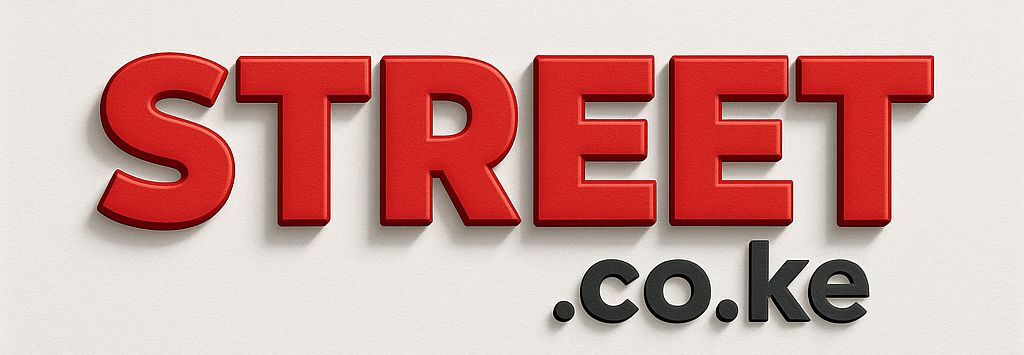U.S. Tariff Policies Hit Ford Manufacturing: Rising Costs and Price Hikes Loom
By Tony Adams | August 2, 2025
The U.S. auto industry is feeling the heat from new tariff policies, and Ford Motor Company, one of America’s largest automakers, is no exception. The Trump administration’s 25% tariffs on imported vehicles and auto parts, which took effect on April 3, 2025, and expanded by May 3, are driving up production costs and threatening to reshape Ford’s operations and pricing strategy. With an estimated $3 billion hit to its bottom line this year, Ford is grappling with a complex global supply chain, disrupted production schedules, and the looming prospect of higher vehicle prices for consumers.
Ford, which assembles about 80% of its U.S.-sold vehicles domestically, is less exposed to vehicle import tariffs than some rivals like General Motors or Stellantis. However, the company’s reliance on imported parts—such as engines, transmissions, and specialty components like wiring looms from Mexico, Canada, and China—has left it vulnerable. According to Ford’s Chief Financial Officer, Sherry House, tariffs on steel (50%), aluminum (50%), and other materials have compounded the financial strain, with second-quarter results alone taking an $800 million hit. The company now projects a full-year tariff impact of $3 billion, up from an earlier estimate of $2.5 billion, prompting Ford to slash its 2025 profit forecast to $6.5–$7.5 billion from $7–$8.5 billion.
Popular models like the Ford Maverick pickup and Bronco Sport SUV, both manufactured in Mexico, face direct 25% tariffs, leading to announced price hikes. Analysts estimate that these models could see price increases of 15–20%, potentially eroding their competitiveness in the affordable vehicle segment. Even U.S.-assembled vehicles like the F-Series trucks, Ford’s top-selling line, are affected, as imported components drive up production costs. Ford CEO Jim Farley has warned that prolonged tariffs could wipe out billions in industry profits, raise consumer prices, and threaten U.S. jobs, despite the administration’s goal of boosting domestic manufacturing.
To soften the blow, Ford has taken proactive steps. The company launched its “From America, for America” campaign, offering employee pricing on most 2024 and 2025 models (excluding specialty vehicles like Raptors and the Mustang) through July 6, 2025, and extending free home charger offers for electric vehicle buyers until June 30. Ford has also ceased exports to China due to 145% retaliatory tariffs and is exploring increased sourcing from U.S. suppliers to reduce costs. However, shifting supply chains is no quick fix—building new factories or retooling existing ones takes years and billions of dollars, and a pinched supply of rare earth magnets from China has already disrupted production.
The broader industry impact is stark. Analysts estimate that tariffs could add $100–$125 billion in costs across the U.S. auto sector, with new car prices potentially rising by $5,000–$10,000. Posts on X reflect consumer frustration, with some users arguing that tariffs hurt American companies like Ford, which employs thousands domestically, by increasing costs for parts sourced globally. Others note that while the policy aims to bring manufacturing back to the U.S., the immediate effect is higher prices and potential layoffs as demand softens.
Ford’s leadership remains cautiously optimistic, with Farley engaging daily with the White House to negotiate tariff relief, particularly on parts. Recent exemptions under the U.S.-Mexico-Canada Agreement (USMCA) and credits for domestic assembly have offered some respite, but Farley emphasizes that “details matter” to maintain affordability. For now, Ford is balancing cost absorption with price adjustments, but the ripple effects are clear: higher prices, fewer discounts, and a tighter market for buyers.
As the tariff landscape evolves, consumers may face a tougher road ahead. Those eyeing a Ford vehicle are advised to act quickly to lock in current deals before price hikes hit dealerships. Share your thoughts on how these tariffs are affecting your car-buying plans at info@street.co.ke or join the conversation.

